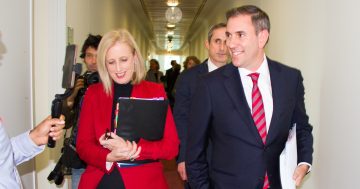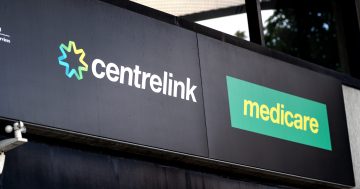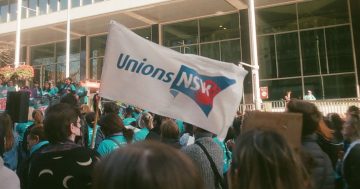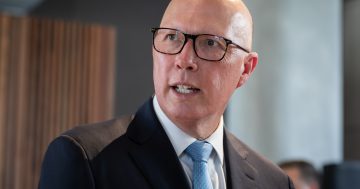 The new United Kingdom Government has scrapped the plan to cut 91,000 Public Service jobs which was announced by former Prime Minister, Boris Johnson earlier this year.
The new United Kingdom Government has scrapped the plan to cut 91,000 Public Service jobs which was announced by former Prime Minister, Boris Johnson earlier this year.
Instead, it is to resume the recruitment of graduates through the fast-stream scheme.
The cuts have been widely criticised as arbitrary and counter-productive however, Government insiders said there were concerns that the 91,000 target could be replaced by Budget cuts at the Autumn Statement, to be delivered by Chancellor of the Exchequer, Jeremy Hunt on 17 November.
The Statement is likely to include both tax rises and spending cuts as Mr Hunt seeks to fill a £35 billion ($A61.7 billion) hole in public finances.
Morale among some Public Servants worsened under Mr Johnson’s leadership, with hostile briefings from senior Government figures criticising the numbers of officials working from home, the prospect of a below-inflation, two per cent pay rise and uncertainty about their future due to the job cuts target.
Mr Johnson wrote to Public Servants in May, arguing that the Government had to reduce its costs “just as many families are doing”.
He said that after the COVID-19 pandemic and the UK’s exit from the European Union “we no longer require the State to have the same colossal presence in people’s lives”.
The short-lived Government of Liz Truss sought to water down the proposals, given the high upfront cost of redundancies, which could have reached several billion pounds, and instead set its sights on making more gradual job cuts.
Now new Prime Minister, Rishi Sunak (pictured) says he will abolish the target completely.
General Secretary of the Public and Commercial Services union, Mark Serwotka said the Government had been forced to recognise that the 91,000 target was “political nonsense which would lead to huge damage being done to public services”.
“Our campaign for more investment in the Civil Service carries on,” Mr Serwotka said.
“We shall continue with our national strike ballot, urging our members to vote yes as we seek a 10 per cent pay rise.”
London, 2 November 2022











